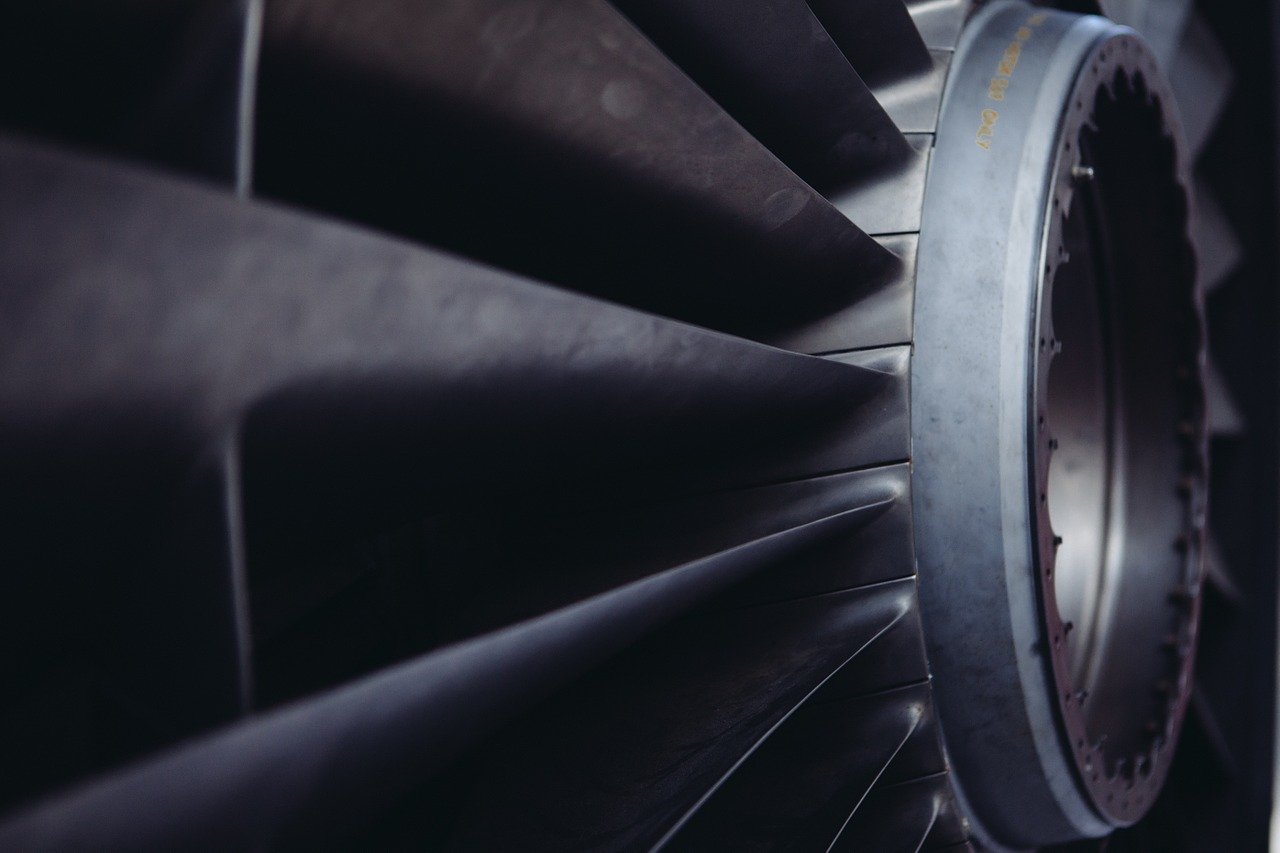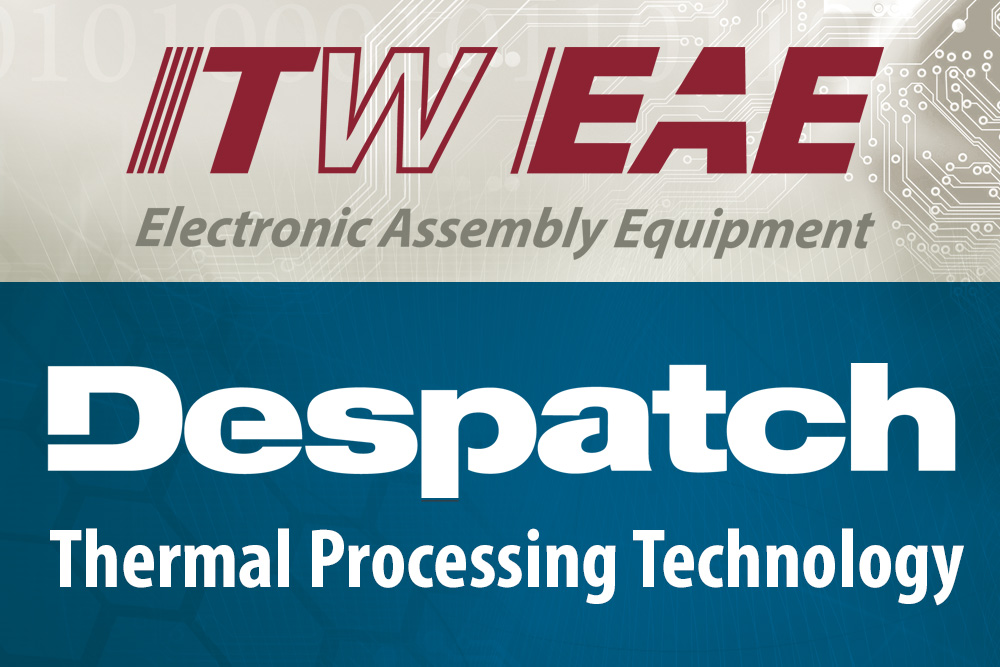Industrial ovens make an impact. Without them, we wouldn’t have many of the products we rely on daily. Critical to a wide range of manufacturing processes, they’re ideal for various industries, including, electronics, automotive, medical, aerospace, and chemical processing. They’re also ideal for use in a variety of other industries, such as plastics, rubber, ceramics, and pharmaceuticals.
The growth of the global marketplace for industrial ovens, which analysts expect to reach $15,967.7 million by 2031, highlights the critical nature of industrial ovens. Industrial ovens improve product quality, reduce production costs, and increase energy efficiency. They also produce consistent results batch after batch after batch. They will continue to grow in importance as manufacturers strive to develop more sustainable and energy-efficient processes.
Below, we rank the top five industries where industrial ovens are used and discuss some of the most critical applications they’re used in.
1. Aerospace Engineering
Industrial ovens are crucial in aerospace manufacturing, particularly in curing composite materials for lightweight aircraft components. Ovens cure composite materials by heating them to a specific temperature for a specific period. This process activates a chemical reaction that hardens the resin and bonds the fibers, creating a durable composite material. Some benefits of using industrial ovens to cure composite materials for aircraft components are improved strength and stiffness, reduced weight, and increased durability.
There have been several critical advancements in industrial ovens for curing composite materials in aerospace recently. These advancements include improved temperature uniformity, faster heating and cooling rates, more energy-efficient designs, and advanced control systems. These advancements help improve the composite curing process’s quality, consistency, and efficiency, leading to the development of better and more lightweight aircraft components.
2. Electronics and PCB Manufacturing
Industrial ovens are in producing a broad range of electronic products. They’re instrumental in reflow soldering—a process of attaching electronic components to PCBs using a molten solder paste. They provide a reliable and controllable heat source that accurately follows the desired soldering profile. That ensures that the solder joints are formed correctly, and the electronic components aren’t damaged by excessive heat. The benefits of using industrial ovens for reflow soldering are consistency, quality, and efficiency.
Industrial ovens have contributed greatly to the growth of the electronics industry. They’ve improved electronic products’ quality, reliability, and cost and triggered the development of new and innovative devices. For example, developing surface mount technology (SMT) would not have been possible without industrial ovens. They’ve also contributed to fabricating new types of electronic devices, such as semiconductor chips and organic light-emitting diode (OLED) displays.
3. Energy Sector - Oil and Gas
Industrial ovens help ensure the reliability and safety of oil drilling equipment and workers. They’re often used in downhill simulations for testing electronic logging equipment and well-completion components. They’re also used in burst testing applications for drill pipe and downhole tubulars as well as wellhead and other pressure-containing equipment. In gas applications, they’re used for drying sand, curing cement, and heating and testing equipment.
Industrial ovens used for the energy industry are typically designed to meet the specific requirements of the energy industry. They include features such as high-temperature and pressure capabilities and uniform temperature distribution. More importantly, they contain critical safety features, such as overpressure relief valves and emergency shutdown systems. In the gas industry, a drilling company may use an industrial oven to test pressure relief valves under simulated gas well conditions—a critical application.
4. Medical Device Manufacturing: Sterilization and Quality Control
Industrial ovens help ensure the safety and effectiveness of medical devices. They’re ideal for sterilizing medical devices using dry heat—a safe and effective method for killing harmful microorganisms, including bacteria, viruses, and spores. Plus, they’re used in various quality control tests for medical devices, such as testing the heat resistance of medical materials, the durability of medical device coatings, and the performance of medical devices at high temperatures.
Industrial ovens play a critical role in maintaining high standards in healthcare by helping to ensure the safety and effectiveness of medical devices and equipment, such as sterilizing medical devices before surgery to prevent the spread of infection, testing the heat resistance of medical materials to ensure that they can withstand the high temperatures that they may be exposed to during use, and gauging the durability of medical device coatings to confirm that they will not chip or peel off during use, compromising the device’s performance.
5. Materials Science and Research
Industrial ovens are an essential tool for material science and research. They drive a wide range of applications in this field. Examples of uses in this field include annealing metals to make them softer, sintering ceramic powders to form solid ceramic objects, and curing polymers, such as epoxies and resins. They are also used to control the temperature of polymer samples during thermal analysis experiments, allowing researchers to study the melting point, glass transition temperature, and other thermal properties of polymers.
Industrial ovens have had a significant impact on advancing materials research and innovation. They are used to perform a wide range of heat treatment processes critical for developing and testing new materials. These processes help to create materials with improved properties, such as strength, lightness, durability, and heat resistance. This capability has led to the development of new products and technologies in a wide range of industries, including aerospace, automotive, electronics, and healthcare.
Industrial ovens are versatile and bring significant benefits to numerous industries, from improving product quality and efficiency to enabling material research and innovation. Their applications range from drying and curing to baking, heat treating, and sterilization. The growing importance of industrial ovens is evident in their projected market growth, highlighting their role in shaping the future of manufacturing and research.
If you’re looking for reliable and high-quality industrial ovens, consider Despatch. With our extensive experience and expertise in the industry, we offer a wide range of ovens designed to meet the specific requirements of various applications. Whether you need an oven for aerospace manufacturing, electronics and PCB production, the energy sector, medical device manufacturing, or materials science and research, Despatch can provide you with the right solution.
Image by Gerd Altmann from Pixabay






